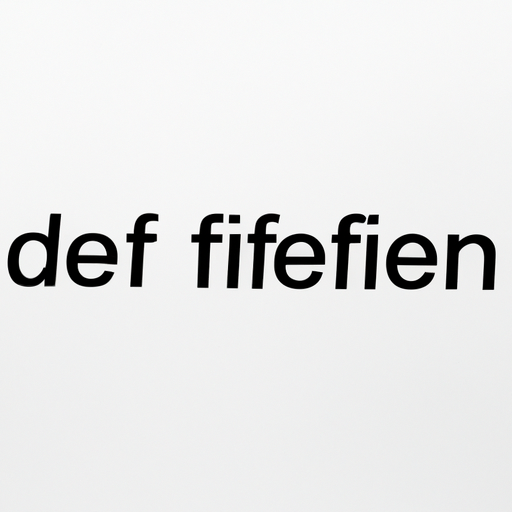Introduction
Decentralized Finance, commonly known as DeFi, is rapidly transforming the landscape of financial services. Built on blockchain technology, DeFi offers a transparent, permissionless alternative to traditional banking systems, eliminating intermediaries and bringing a plethora of financial tools directly to consumers.
The Rise of DeFi
Over the last few years, DeFi has gained massive traction, evolving from a niche interest to a multi-billion dollar industry. According to recent reports, the total value locked in DeFi protocols surpassed $100 billion, indicating a robust interest in decentralized applications. Users can access a variety of financial services, such as lending, borrowing, trading, and earning interest, all without relying on traditional banks.
How DeFi Works
DeFi applications are built on smart contracts—self-executing contracts with the terms of the agreement directly written into lines of code. This not only facilitates automated transactions but also ensures transparency, reducing risks commonly associated with traditional finance.
For example, platforms like Uniswap allow users to swap cryptocurrencies without the need for an intermediary, while Compound lets users lend and borrow assets directly among peers, earning interest over time.
The Benefits of DeFi
- Accessibility: Anyone with an internet connection can access DeFi applications, promoting financial inclusion globally.
- Transparency: All transactions are recorded on the blockchain, providing users with a verifiable track of their financial activities.
- Control: Users have complete control over their funds, reducing the risks of bank failures or governmental interference.
The Risks Involved
Despite its advantages, DeFi is not without risks. Users must navigate potential vulnerabilities in smart contract code, price volatility, and regulatory uncertainties. It’s crucial for users to conduct thorough research and understand the implications of their financial decisions in a decentralized environment.
Conclusion
As decentralized finance continues to evolve, its potential to reshape traditional banking and financial systems is undeniable. While challenges remain, the innovation and accessibility that DeFi offers are set to create a more inclusive financial ecosystem. Enthusiasts and investors alike should stay updated on the latest developments to take advantage of the opportunities that DeFi presents.
For more insights on DeFi and the latest trends in blockchain technology, make sure to follow our blog!




